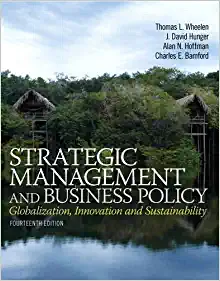Question
Background Humans can survive a matter of days without clean fresh water to drink (henceforth water refers to clean, drinkable fresh water). The United Nations
Background
Humans can survive a matter of days without clean fresh water to drink (henceforth "water" refers to clean, drinkable fresh water). The United Nations has recognised access to clean drinking water as a human right.[1](Links to an external site.)However, the United Nations also recognises that climate change is a threat to water supplies, and consequently a threat to countries' stability.
The intersection of climate change and economic development affects many countries. In Mexico, underground aquifers are being drained to supply water to those living in cities, which is undermining the stability of the ground on which the cities are built.[2](Links to an external site.)In the western United States of America, the prolonged dry conditions have been described as a "megadrought", affecting the livelihoods of the area's cities and farms [3](Links to an external site.) In the Horn of Africa region, prolonged and increasing droughts have been linked to increased conflict and reduced government stability in those areas.[4](Links to an external site.)
That being said, many countries charge only for the service of providing the water, rather than the water itself. This means the price per litre of this water is very low in many areas, including those with stressed water supplies. Consequently water is not always used efficiently. Some suggest that privatisation of water markets could resolve this issue: because the price mechanism sends the appropriate signal of the cost of this precious resource to all participants in the market.
Task
Compare and contrast public ownership of water suppliers with allowing water to be supplied in a "laissez-faire" manner by privately owned firms, focusing on their (intra-generational) equity and efficiency implications. Use one or more appropriate diagrams to illustrate your answer.
Given the effects that climate change will have on fresh water supplies around the world, assess the inter-generational equity impact of consumption of water by the "current generation" (those alive today) on future generations, taking into account what you discussed under each of the above ownership structures to allocate water.
Based on your discussion of ownership and intergenerational equity, what do you suggest would be an appropriate method for providing fresh water? Justify your suggestion.
Step by Step Solution
There are 3 Steps involved in it
Step: 1

Get Instant Access to Expert-Tailored Solutions
See step-by-step solutions with expert insights and AI powered tools for academic success
Step: 2

Step: 3

Ace Your Homework with AI
Get the answers you need in no time with our AI-driven, step-by-step assistance
Get Started


